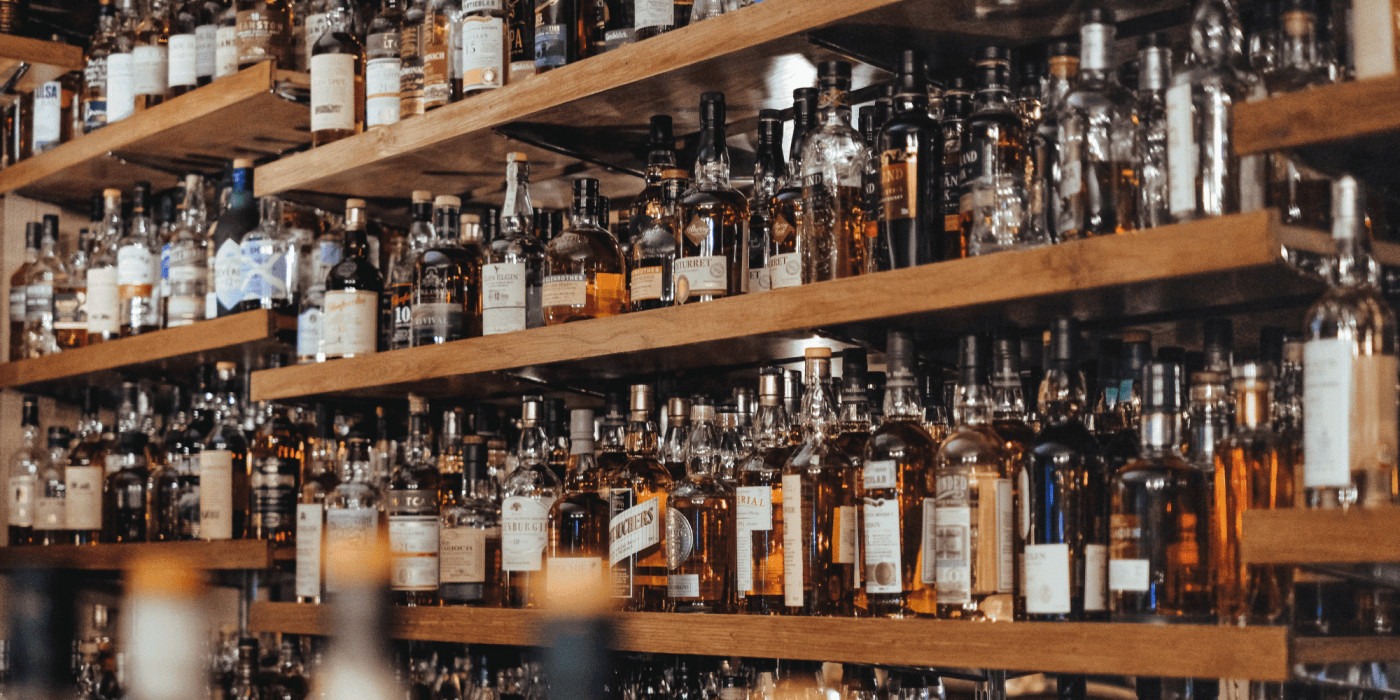Why I broke Dry January
With 2023 marking the 10-year anniversary of the ‘Dry Jan’ challenge I decided this year would be the year to give it a go. Having worked in hospitality since I was 16, I have been surrounded (to the surprise of no one) by alcohol, those who consume it, and those who are consumed by it.
With the stresses of academia and working long nights serving every ‘Karen’ under the sun, having a refreshing pint after a shift seems normal, even earned – until that well-deserved pint becomes numerous and an almost daily occurrence. Regardless of the financial hit regular drinkers face, with the average pint cost in the UK now being close to £7, I discovered my health (mental and physical) to be significantly impacted by my ‘casual’ drinking.
Coming from an extensive line of alcoholics, my immediate family never really drank, but this was something I was still consciously aware. I am statistically susceptible to fall into these addictive habits. Although my genetics do not guarantee an addiction, my surroundings, who I socialise with, and my working environment all factor into my alcohol consumption. ‘Dry Jan’ was a challenge for myself, not only to see if I could ‘last’ a month without any alcohol, but also to save money and improve my physical and mental wellbeing.
So, why did I break this challenge? Did I fail? Am I a weak alcoholic? Yes and no.
What I had actually created through this challenge was a craving
After around two weeks of drinking alcohol-free beers, ciders, and gins (like many ‘Dry Jan’ competitors), I realised the cost difference was insignificant with me only saving around £1 per drink. I also found I’d lost the real reason why I was doing the challenge at all.
Then, I had an epiphany. What I had actually created through this challenge was a craving. It was a craving for alcohol I’d never really had before, something more dangerous than my initial alcohol consumption. Although my past drinking had been out of habit, this felt more like the addiction I’d consciously tried to avoid.
Around me, people were breaking ‘Dry Jan’ out of a need, not a want, and in a binge-drinking manner. They weren’t breaking the challenge by having one drink, but having multiple to such an extent it counteracted the drinks they’d not been having the rest of the month. This was something terrifying to me.
So, I made the decision to have a pint, to give in to this apparent craving once. I found that funnily enough this pint wasn’t as refreshing as I’d remembered and didn’t taste as good as pints before. It wasn’t some great luxury I’d been denying myself. It was just okay.
I now only drink in social company and, unless it’s a birthday or a special occasion, I rarely get overly drunk
After breaking ‘Dry Jan’ I realised post-January, people’s alcohol intake was more excessive, with people ‘making up’ for the alcohol they’d withheld. Since this realisation, I’ve grown to dislike the challenge altogether and what it ultimately means for a lot of people who participate in it.
It doesn’t teach people about limiting their alcohol consumption, which was my original goal. If I had gone the entire month without any alcohol whatsoever, I know I would have viewed it as a reward and not just another type of beverage, resulting in me drinking more than before – like most do. What I found was that the ‘Dry Jan’ challenge encourages binge-like behaviour, first by withholding any consumption and then having the following month be when you’re now ‘allowed’ to consume.
Ultimately, what I taught myself was the art of limitation and exceptions. I now only drink in social company and, unless it’s a birthday or a special occasion, I rarely get overly drunk. It’s unjust, especially with UK culture’s heavy focus on pubs and pints, to point fingers at those who have succumbed to addiction.
It’s important to listen to yourself and what your daily habits are telling you. Whether you want complete sobriety, (the current trend amongst young people), or the occasional pint after work, the most important thing is to better your relationship with alcohol. However, it is important not to view these ‘vices’ as neither a reward or as a sin, but to view them just as they are: an overpriced beverage.

Comments